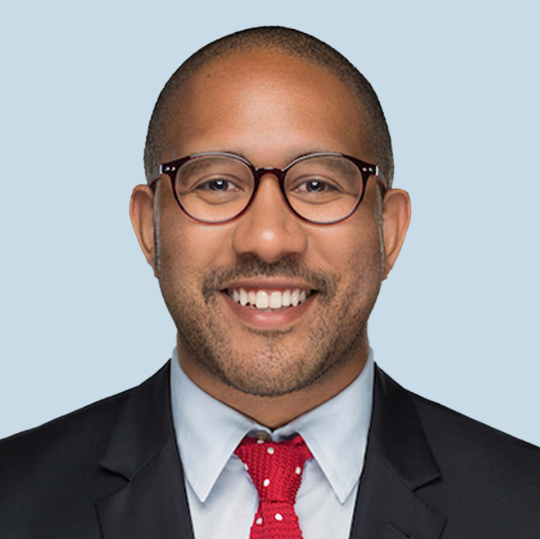Innovative ways to save resources while enhancing convenience and efficiency

Richard Waithe, PharmD
President of the VUCA Product

Melinda Su-En Lee, PharmD
CEO & Co-founder, Parcel Health
What if your pharmacy could help the planet while boosting your brand and your bottom line?
In today’s world, sustainability isn’t just a nice-to-have—it’s a competitive advantage. Watch this video for an insightful conversation with Melinda Su-En Lee, CEO and Co-founder of Parcel Health, as we explore how pharmacies can save resources and enhance their brand through eco-conscious practices.
In this session, we discuss:
Branding strategies that position your pharmacy as an eco-conscious leader
Opportunities to enhance patient engagement and loyalty
Tips to increase patient adoption of green initiatives
Whether you're just starting to think about sustainability or ready to go all in, this session will give you key actions to take right away—while keeping patients at the center of everything you do.

MEET OUR GUEST SPEAKER
Melinda Su-En Lee
CEO & Co-founder, Parcel Health
Born and raised in Malaysia, Melinda witnessed firsthand the devastating impact of plastic waste on her homeland's beautiful landscapes. This early exposure to environmental issues compelled her to develop the world's first paper prescription pill bottle: Parcel Health's Tully Tube. Today she leads her company on a mission to fill medicine cabinets with safe parcels, not plastics.
Driven by a desire to make a difference, Melinda pursued her undergraduate degree in pharmacology at Stony Brook University. After graduation, she accepted a research assistant position at Harvard University, where she worked alongside leading scientists studying neuronal development. The work was rigorous and challenging but lacked the public health and translational pharmacology that she craved.
In 2017, Melinda was accepted into the doctoral pharmacy program at the University of Michigan. Here, she was confronted with the daily conflict that patient care produced: millions of pounds of plastic waste generated by plastic pill bottles that are burned in incinerators or dumped into landfills in developing countries like Malaysia. It was painful that local patient care would create global plastic pollution, and she felt a growing urgency to address this.
Drawing on her experience in retail pharmacy and passion for environmental sustainability, she set out to create a safe and sustainable alternative to plastic amber vials. For Melinda, solving this problem has been personal: it is as important to provide healthcare while defending vulnerable communities worldwide from the detrimental effects of plastic pollution.